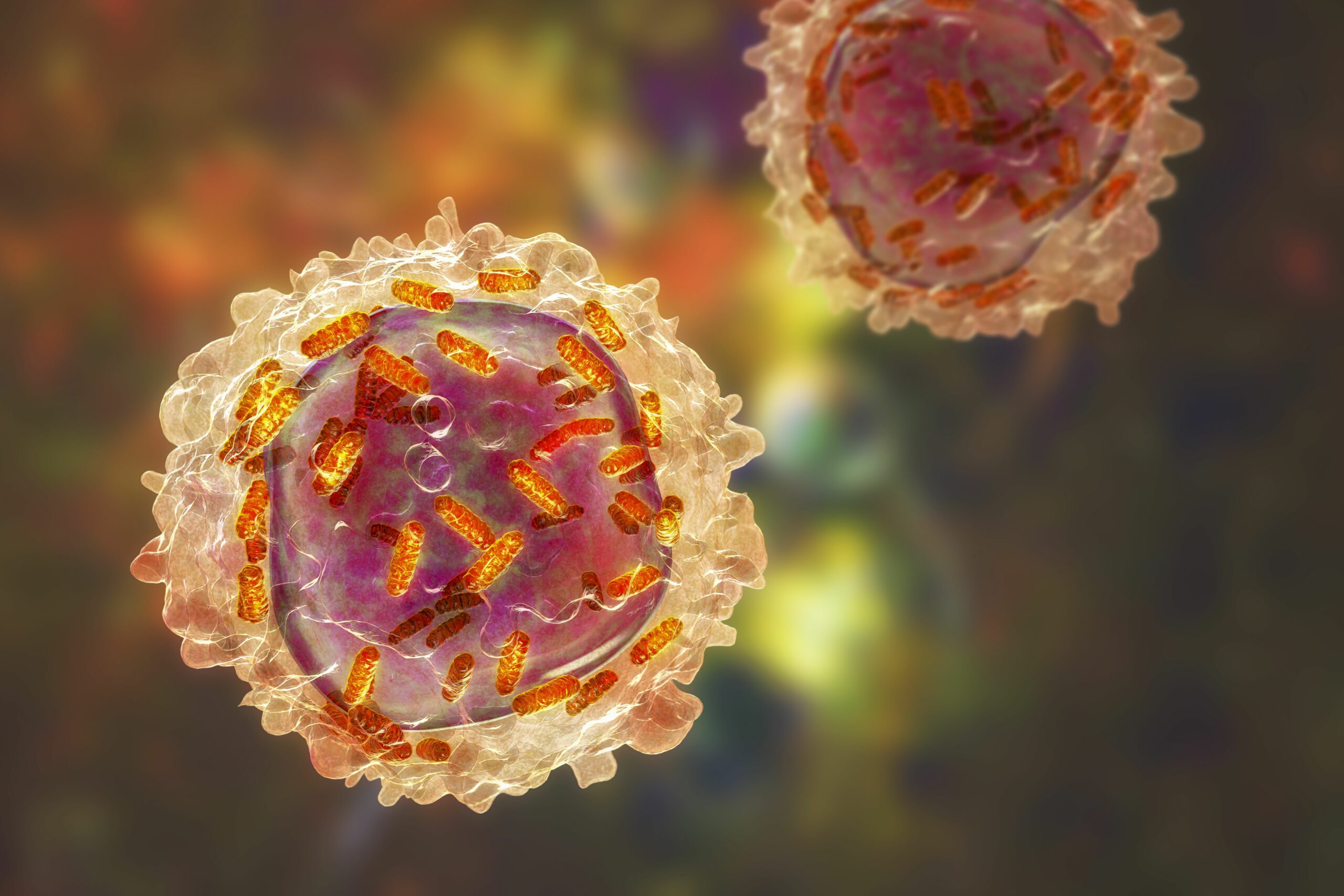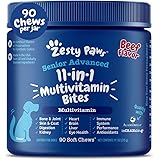This Revolutionary Vaccine Shut Down Cancer In Mice – Scientists Are Stunned By What Happens Next!
Imagine a world where a tiny shot could potentially shield us from not just one, but three aggressive types of cancer — sounds like science fiction, right? Well, hold onto your hats, because scientists might be inching us closer to that reality. Recent breakthroughs in nanoparticle vaccines have shown remarkable promise in mice, halting cancers like melanoma, pancreatic, and triple-negative breast cancer in their tracks. Now, before we start lining up for injections, it’s crucial to remember these findings haven’t yet hopped over to human trials. Still, this early success has the medical community buzzing with cautious optimism — and honestly, who wouldn’t be? So, what exactly is behind this promising leap, and what should we really take away from it? Let’s dive in and unpack the details, straight from the experts steering this groundbreaking research. LEARN MORE
- Scientists have discovered a potential vaccine for three types of cancer.
- The studies have only been completed in mice, but experts say it’s a promising start.
- Here’s what doctors want you to know about this big breakthrough.
New research suggests that we may be really close to a major scientific breakthrough in the realm of cancer research. In a study published in the journal Cell Reports Medicine, researchers found that a special type of vaccine prevented the majority of several forms of aggressive cancer in mice.
It’s important to point out that this was a mouse study, and it is not a vaccine that has been tested in humans yet. As such, it’s hard to draw too many conclusions from these preliminary findings. But the results are impressive enough that they’re worth paying attention to. Here’s what researchers discovered, plus what doctors want you to keep in mind when making sense of the data.
Meet the experts: Prabhani U. Atukorale, PhD, is the study co-author and assistant professor of biomedical engineering in the Riccio College of Engineering at UMass Amherst; Hussein A. Tawbi, MD, PhD, is deputy chair in the Department of Melanoma Medical Oncology at The University of Texas MD Anderson Cancer Center; Aliasger K. Salem, PhD, is a nanoparticle cancer vaccine expert and associate vice president for research at University of Iowa.
What did the study find?
For the study, researchers created a nanoparticle vaccine and used it across several experiments. A nanoparticle vaccine is a type of vaccine that uses teeny particles to stimulate the immune system to create a specific response—in this case, attacking cancer cells.
For the first experiment, the team combined the nanoparticle element of the vaccine with melanoma peptides and injected them into mice. The vaccine activated immune cells (called T cells) and trained them to detect and destroy melanoma cells. The vaccinated mice were then exposed to melanoma three weeks later. The researchers discovered that 80 percent of the mice that received the nanoparticle vaccine stayed tumor-free and survived the 250-day study period. But all of the mice that got traditional vaccines or no vaccine developed tumors and died within 35 days. Also worth noting: The nanoparticle vaccine stopped the cancer from spreading to the lungs in all of the mice who received it.
The researchers then tested another version of the vaccine which used dead tumor cells. The mice that were given this vaccine were later exposed to melanoma, pancreatic cancer, or triple-negative breast cancer cells. The researchers discovered that 88 percent of the mice exposed to pancreatic cancer, 75 percent exposed to breast cancer, and 69 percent exposed to melanoma did not form tumors. All of the mice that were tumor-free after receiving their vaccines did not have cancer that spread to the lungs.
What’s new about this vaccine?
There are other anti-cancer nanoparticle vaccines in the works, but this one is unique. “Our approach develops a new vaccine by focusing on building a better adjuvant—vaccines need two components, an antigen and an adjuvant,” explains Prabhani U. Atukorale, PhD, study co-author and assistant professor of biomedical engineering in the Riccio College of Engineering at UMass Amherst. The adjuvant in this vaccine is a “super adjuvant” because it combines multiple immune activators together, she says.
Why does this matter? Well, vaccination is supposed to present the immune system with tumor antigens so that it can identify the cancer and attack it, explains Hussein A. Tawbi, MD, PhD, deputy chair in the Department of Melanoma Medical Oncology at The University of Texas MD Anderson Cancer Center. “A lot of our colleagues in the lab are thinking of ways to make that process more effective,” he adds.
This particular vaccine uses a nanoparticle that’s loaded with immune system activators that aren’t specific to a type of cancer. “When it’s put into the right cells, they massively increase the ability of the cells to activate the immune system and target the cancer,” Dr. Tawbi says.
Could this translate into humans?
Yep. But it might be some time before we know for sure if it works.
“The technology is promising and uses materials already proven safe in other vaccines,” says Aliasger K. Salem, PhD, nanoparticle cancer vaccine expert and associate vice president for research at University of Iowa. “But human testing will be needed to confirm safety and effectiveness.”
Tawbi also points out that immune system activators can sometimes cause an inflammatory response in the body. (And chronic inflammation in the body is linked to a range of serious health conditions.) That’s why this vaccine needs to be tested on humans to see what happens next, Dr. Tawbi says.
How could this shape the future of cancer care?
It’s not clear at this point, but experts are hopeful. “It points toward a future where personalized cancer vaccines could work together with existing treatments to help prevent cancer from returning,” Salem says.
Dr. Tawbi agrees. “I doubt we’re going to go so far that everybody needs a cancer vaccine,” he says. “But this may help cancer from coming back in patients who already had it. I absolutely think that cancer vaccines have a role in that space.”
Korin Miller is a freelance writer specializing in general wellness, sexual health and relationships, and lifestyle trends, with work appearing in Men’s Health, Women’s Health, Self, Glamour, and more. She has a master’s degree from American University, lives by the beach, and hopes to own a teacup pig and taco truck one day.




















Post Comment